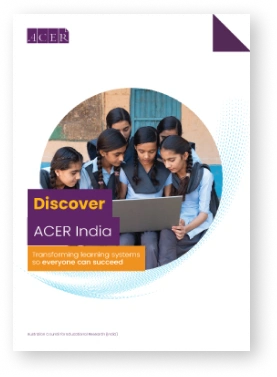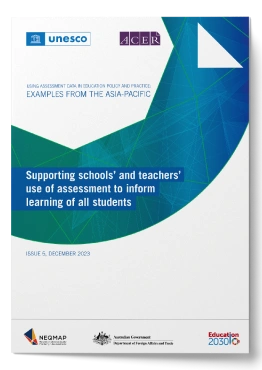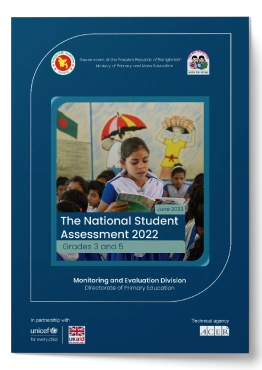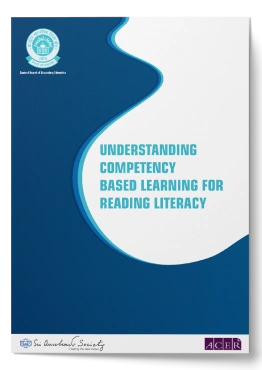Australian Council for Educational Research
Transforming learning systems so everyone can succeed
-
Guidelines for designing competency-based assessment
ACER India has conducted several workshops with teachers on competency-based assessments over the years. In this article, we share 2 sample competency-based assessment tasks for teachers.

-
Building better schools: Spotlight on Golden Jubilee School
Learn how Golden Jubilee School partners with ACER to drive meaningful improvement in teaching and learning.

-
ACER India launches new teacher assessment
Standardised Teacher Assessment and Review (STAR) is an evidence-informed, high-quality assessment to enable improvement in teaching and learning outcomes.

-
For teachers: Successful practices from Kyrgyzstan
Successful strategies for teachers to bridge learning gaps and support diverse learners.

We support countries to transform learning systems
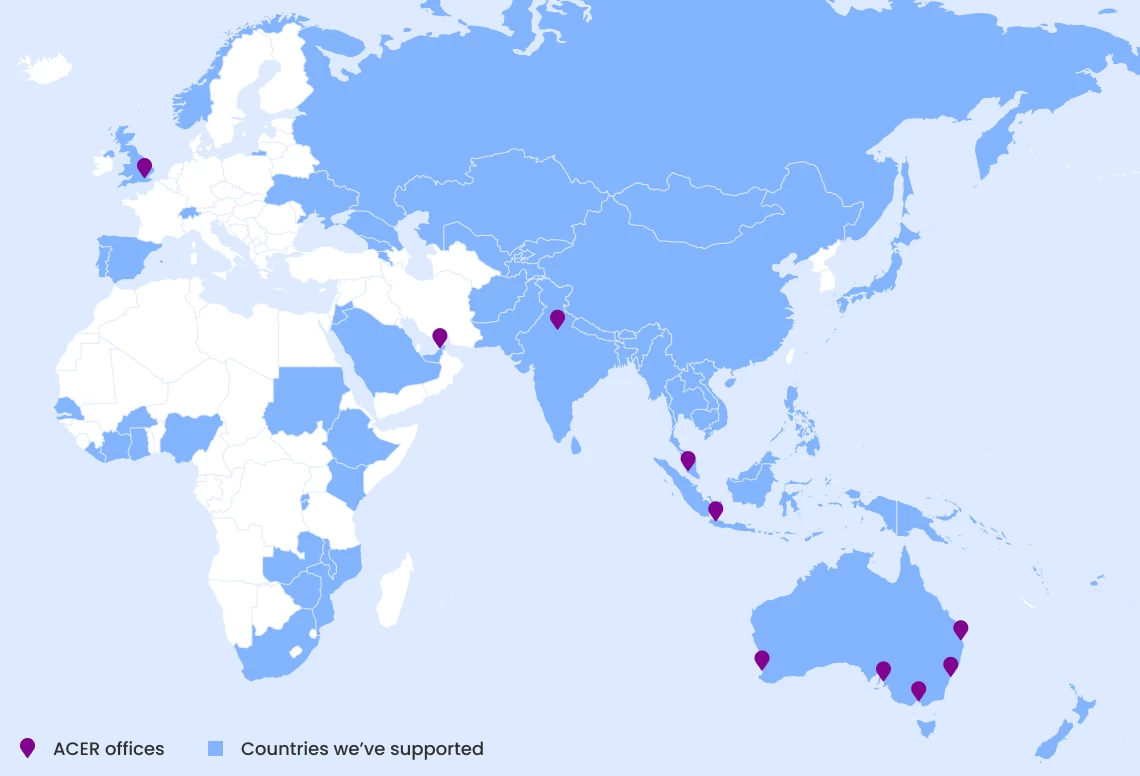
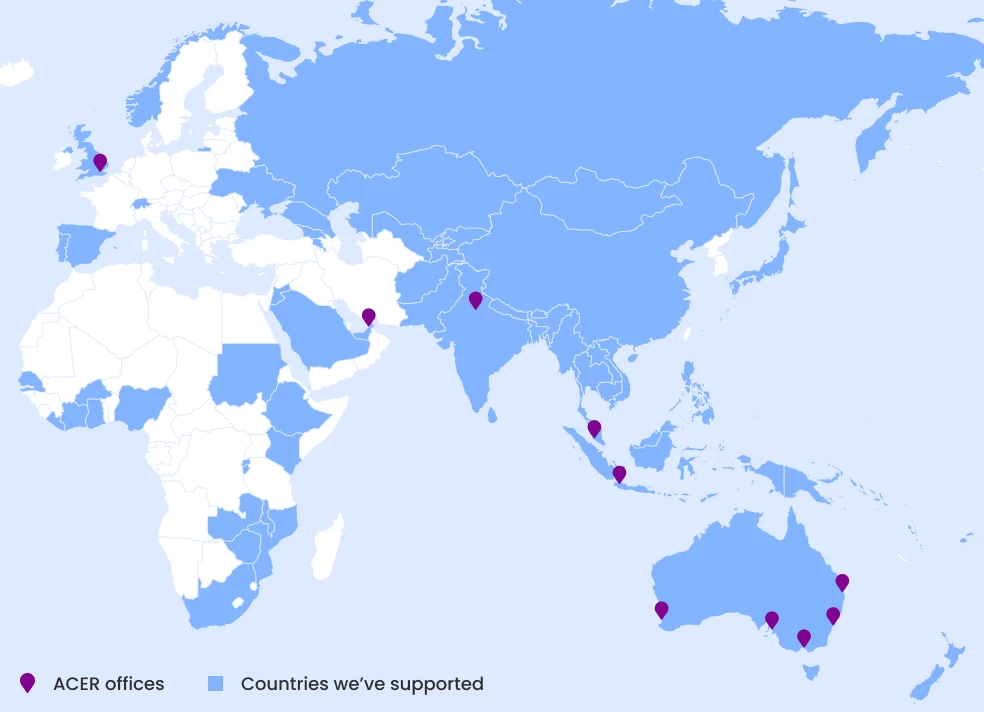
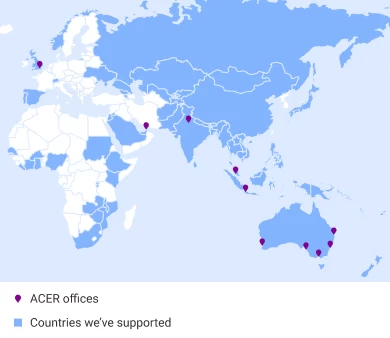
-
Implementation of Bhutan's National Education Assessment
2018-21
ACER was the technical partner for the National Education Assessment (NEA) which measures learning achievements of students in grades 3, 6, and 9, once every 3 years.

-
Professional development of SCERT staff
2018-20
ACER supported the professional development of State Councils of Education Research and Training (SCERT) staff on robust assessment systems in 5 states.

-
Evaluation of Zambian programmes
2019-21
ACER was UNICEF’s evaluation partner for the Zambian Girls 2030 programme and the Catch-up Scale-up programme.

-
International Benchmark Tests
2007 onwards
A world class competency-based assessment for schools to track student progress against international standards.

Partnerships to improve learning
We partner with a range of international organisations, national governments, sub-national governments, non-government organisations, and schools.


